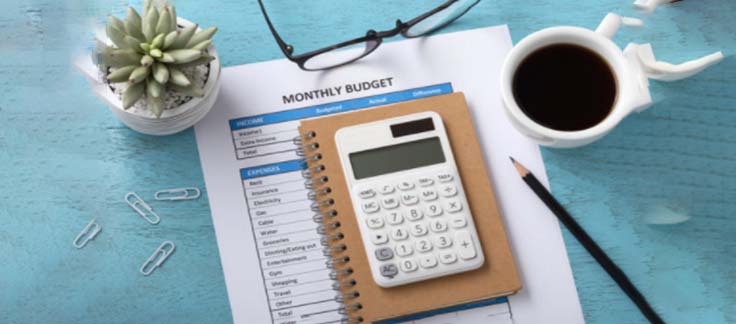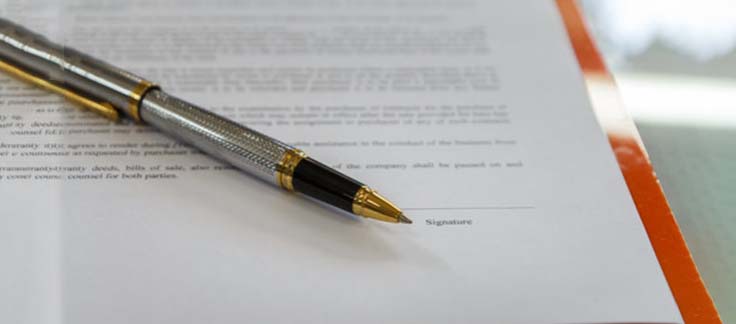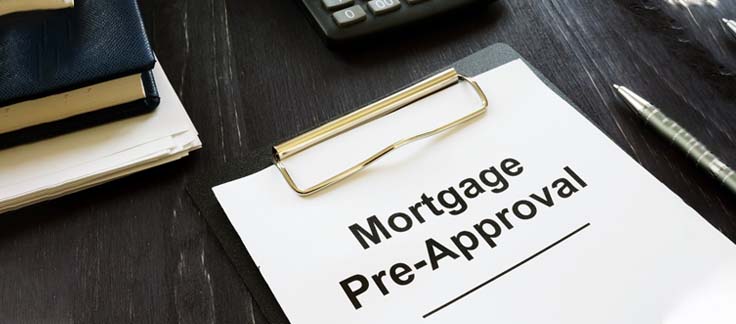Home Lending Process
There are 8 steps involved in it.
1. Know your borrowing capacity, don’t rush if you are under borrowing capacity.
Your borrowing capacity will depend on several factors and it is important to consult your mortgage broker as they will access your situation based on the factors including:

Your Income
This includes your fixed remuneration and any bonuses or allowances you receive. It is important when discussing your income with your Mortgage Broker that you disclose the types of income as some lenders may assess different types of income at different rates. As an example, your overtime might only be assessed at 80% of your income, but if you were in essential services it may be assessed at 100%.
Your Financial Liabilities
The financial liabilities include credit cards, personal or car loans, and other debt. It also includes After Pay and Zip Pay and any interest-free loans you may have. If you have a credit card with no debt owed, but has a certain limit, it will affect your borrowing capacity as it is counted as a liability by the lender.
Your Living Expenses
Mortgage Brokers and lenders have an obligation to ensure they are not putting you into a loan that would cause you undue hardship. A key factor in assessing this is reviewing your living expenses. This is normally done by assessing your last 3-6 months transaction and credit card statements to assess how and where you spend your money. One of the key benefits of working with your Mortgage Broker before you are ready to buy a property is that they can help you identify any changes in your spending habits that you could make to provide a more favourable view to the lender. Most lenders will want to see evidence of consistent savings over a period of 3-6 months. This is to not only show that you have the funds to complete the transaction, but that you also have the discipline and commitment to pay your ongoing mortgage repayments once you settle your loan. To know some strategies to maximize your borrowing capacity. Click Here
2. Budgeting your property

Deposit:
Most lenders will want to see evidence of consistent savings over a period of 3-6 months. This is to show you have the funds to complete the transaction and you have the discipline and commitment to pay your ongoing mortgage repayments once you settle your loan. The amount of the deposit can be varied, some lenders will allow you to borrow up to 95% of the value of the property requiring you to only have 5% of the value of the property saved. This will require you to pay Lenders Mortgage Insurance (LMI). It is important to understand that LMI does not protect you if you get sick or lose your job. To avoid paying LMI you generally need to borrow less than 80% of the value of the property.
There are other options available to you too if you do not have the full 5% of the deposit saved.
Family Guarantee:
A Family Guarantee allows your family, generally your parents, to provide their property as additional security to guarantee part of your home loan.
Rent In Lieu of Genuine Savings:
Some lenders recognise that it is hard to save your full 5% deposit while you are also paying rent. In some instances, lenders will allow you to use your rental ledger from your real estate agent to demonstrate capacity and commitment to meet the repayment obligations in the future. This then allows you to get a cash gift, generally from a family member, to make up the deposit.
In addition to your deposit, it is important to factor in the other costs associated with buying your first home to ensure you have all the funds necessary to complete the transaction. These can include things such as Bank fees, Stamp duty, Government fees, legal costs, property inspections.
3. Document preparation and consent form signing

For PAYG applicants we require two current payslips plus one of the following:
- Most recent group certificates
- Most recent tax return / taxation notice
- Current letter of employment
- Bank statements – to confirm the last 3 months salary credits
For Self-Employed applications we need
- your last two years Tax Returns,
- two years Tax Assessment Notice and &
- last 1 month’s business bank statements.
If you are self-employed and unable to provide this document, you may still qualify for an alternative documentation (alt doc) loan.
The quickest way to do these things is to speak to a mortgage broker. They’ll be able to assess your situation and even start the pre-approval process.
4. Get preapproval

Once you have your pre-approval in place, it is time to go shopping! Picking your first home/next home can seem like an overwhelming task.
5. Property Search

Property search and fear of missing out on the property is a key challenge in buying a home. You should not rush to buy a property unless if you have a good idea of property search and negotiation strategy. There are some general information which you need to follow for the property hunt. look the portfolio of the past property trends and driven things of property prices such as major market effects, major economic changes, policy changes, Infrastructure upgrade, and other past and upcoming events and the key macro-economic factors like: future supply vs future housing demands, potential growth or prospect time of growth, know how many dwellings are going to be built within the area and suburb where you are buying, See the population growth projection of the area, because population growth will increase the demand for housing supply and will increase the market value which will generate equity in a later stage from your property. Lenders and mortgage insurers have classified some areas as a high risk for the property market, and based on their analysis, they have set up the maximum lending criteria, so you need to do proper research about the risk rating of the area where you are buying.
6. Apply for final approval and prepare for settlement

Now that you have signed all your contracts it is time to get ready for the big day! It is generally somewhere between 4-8 weeks between signing the contract to purchase and settlement depending on location but there are things you need to do prior to settlement:
Building Insurance
The lender will require a copy of your building insurance policy so it important to organise this early, so it does not delay settlement. Your Mortgage Broker can assist you with this. Giving Notice if you are Renting If you are currently renting, you will need to give notice to your real estate agent. Also do not forget to cancel your utilities at your old address and forward your mail.
Utility Connections
You will need to organise to have the electricity, gas, internet, and phone connected so everything is ready to go on move-in day. Your Mortgage Broker may be able to assist you with this. Removalists, please ensure you book your removalists with plenty of notice, so they are available on your chosen day.
Funds for Settlement
Your Conveyancer or solicitor will advise you of any shortfall of funds required for settlement day. Please ensure these are in your nominated bank account at least two full days before settlement to ensure there is no delay.
Final Inspection of the Property
Generally speaking, you should organise your final inspection of the property a day or two before settlement to ensure that there have been no changes or anything of concern.
7. Settlement

On settlement day your conveyancer or solicitor will coordinate with the vendor's solicitor and the bank to attend settlement. They will complete the transaction and you will be advised to pick up the keys to your new home! Ensure you know how much your first payment is and when it is due. Please ensure that Utilities and building insurance have been organised and provided to Mortgage Broker for settlement day at the new property. You may also need to Give notice to real estate if renting and organise disconnection of utilities at the old address.
8. Post Settlement

Stick to your budget. It may be a time to go and buy all new furniture and appliances for your new home, however, it is important in that first year to not stretch yourself too thin. If you can make extra repayments right from the start it can make a massive difference in the time it takes you to pay off your loan and save you a lot of interest as well. Set up all your direct debits to your new account for all your utilities and insurances. Do not forget things like mobile phones or Netflix.
The quickest way to do these things is to speak to a mortgage broker. They’ll be able to assess your situation, answer any questions you may have, and even start the pre-approval process.